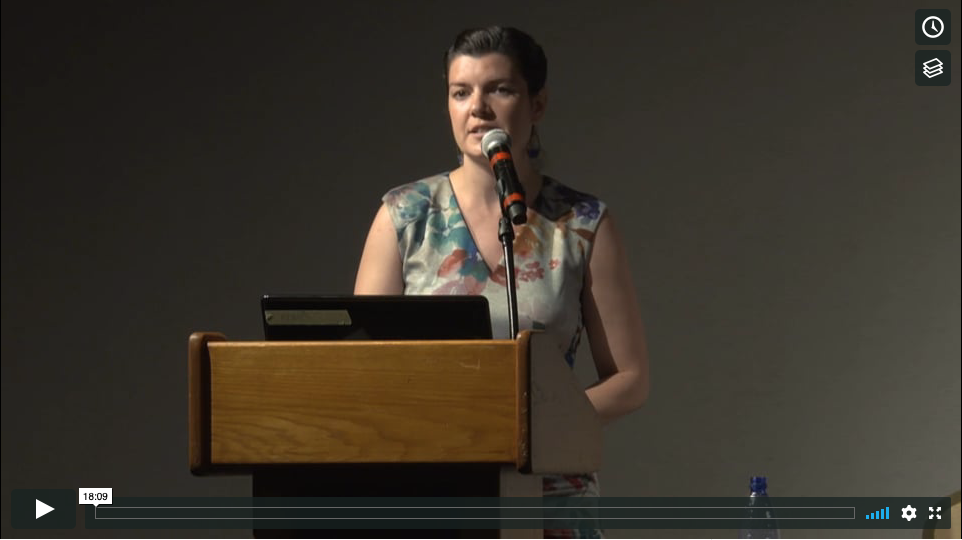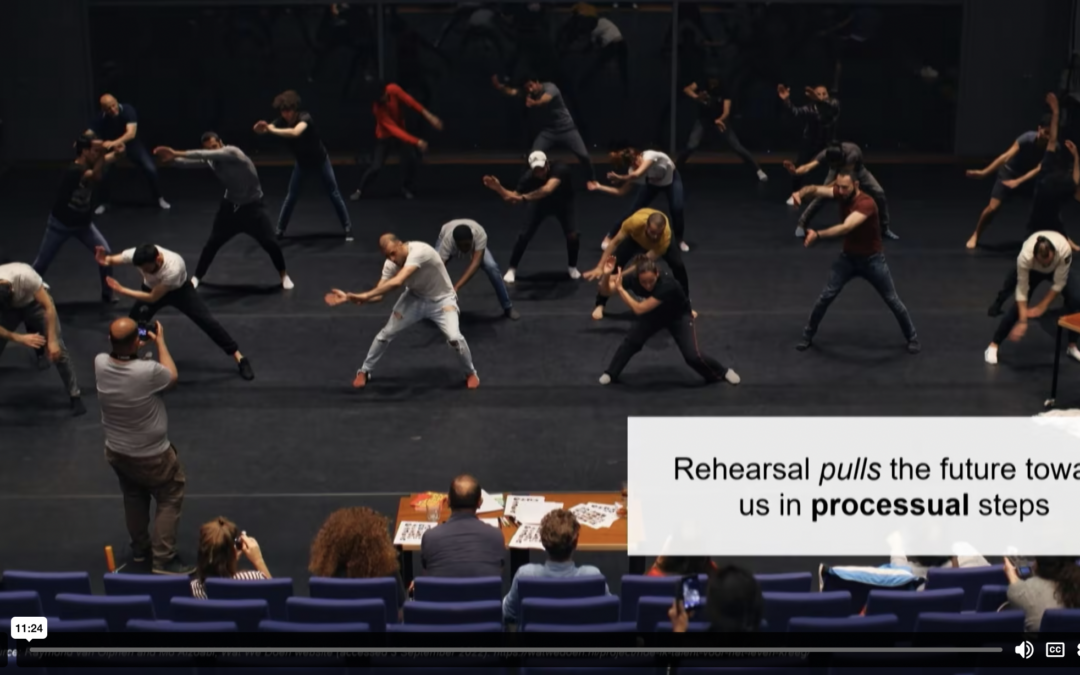Those who work in research know that we live in a world that is strongly influenced by what Tricia Wang has called the quantification bias. More so than other forms of information, numbers have incredible formative power. In our culture, numbers are seen as trustworthy representations of reality...








